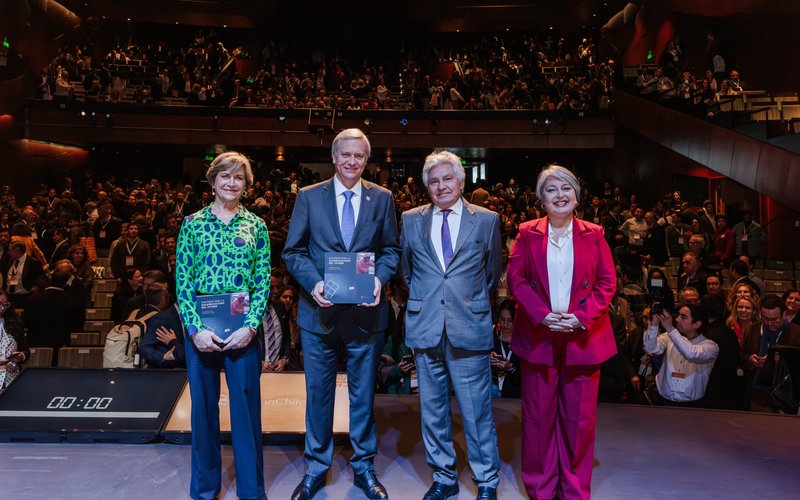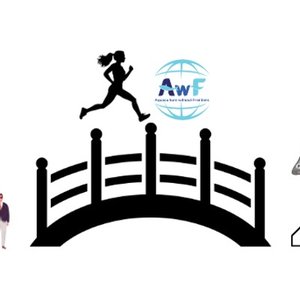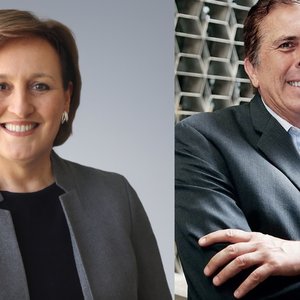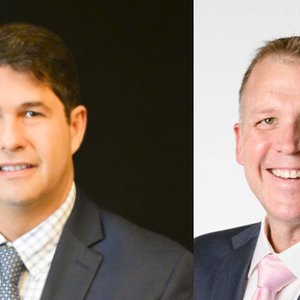For the first time, the three main presidential candidates participated in a salmon sector event, presenting their visions and proposals for the industry's future at the Salmon Summit 2025, held on July 22 at the Teatro del Lago in Frutillar.
The meeting brought together business leaders, scientists, authorities, representatives of local communities, and key stakeholders from the salmon value chain, solidifying itself as an unprecedented platform for dialogue between the aquaculture sector and national politics.
Jeannette Jara proposes decentralization and permit simplification
Candidate Jeannette Jara highlighted the potential of salmon farming as an engine for Chile's blue economy and emphasized the need to decentralize decision-making, streamline permits, and foster innovation.
"In Chile, we have relocation permits that can take up to eight years. That is unacceptable," she stated. She proposed transferring powers to regional governments and establishing local aquaculture tables to accelerate processes. She also called for streamlining inter-ministerial procedures without sacrificing environmental standards.
Jara reiterated her commitment to social dialogue and to an industry that grows with equity, ensuring that the sector's development must benefit large companies, SMEs, and local communities alike.
José Antonio Kast: “Bureaucracy is institutional sabotage”
Candidate José Antonio Kast focused his speech on the need to reduce bureaucracy and create favorable conditions for productive growth. He sharply criticized the current relocation system: "In a decade, out of 210 applications, only one has been approved. That is not regulation; it is institutional sabotage."
Kast proposed substantive deregulation, a tax cut to incentivize investment, and a reduction in political spending. He defended the need to reconcile environmental sustainability with economic growth, warning that without economic sustainability, no development is possible.
He also questioned the political use of the Lafkenche Law, a Chilean law enacted in 2008 that recognizes the territorial rights of indigenous peoples, particularly those of the Lafkenche (Mapuche people who live along the coast). "It has been turned into a tool for blackmail. Over a thousand applications are paralyzed," he noted.
Evelyn Matthei calls for a “New Deal” for salmon farming
Candidate Evelyn Matthei proposed a "new deal" to revitalize a sector that, she pointed out, "has been growing by only 1% for a decade." She denounced obstacles such as concessions that have been waiting for over 10 years, projects with decades of processing, and a disjointed public administration.
Matthei praised the Norwegian experience and the Puerto Montt Salmon Plan 2050 as models to follow, proposing a public-private approach to triple production. She promised to establish environmental load limits by zone, apply technology for preventive oversight, and promote science-based coastal planning with local participation.
Finally, she announced that half of the sector's future growth would remain in the regions and committed to declaring May 26 as Salmon Worker's Day, in homage to the labor mobilizations of 2023.
A milestone for sectoral dialogue
Arturo Clément, president of SalmonChile, highlighted the untapped potential of Chilean salmon farming and the urgent need for political will to drive its growth. In his speech, the industry leader addressed the sector's frustration after years of stagnation while other competing countries seek to multiply their production, the importance of the industry as an engine for decentralization and regional development, and praised the recent collaboration with local authorities and communities to create a common roadmap.
"We have lost very valuable time to grow again due to the lack of a national vision regarding salmon farming. We have the will and capacity to grow now, to create quality jobs, and contribute to the development of the regions where we are located. But they don't listen to us. For some, it's as if we don't even exist," Clément said. "We can grow here and now, but there must be political will. Instead of thinking about growing, investing, and generating value, in recent years our efforts have been aimed at not disappearing and just holding on and holding on," he added.
Clément valued the presence of the candidates and highlighted the historic nature of the meeting: "This will be the first presidential dialogue from the south of Chile. We want to build a national vision from here that awakens our beloved Chile."










